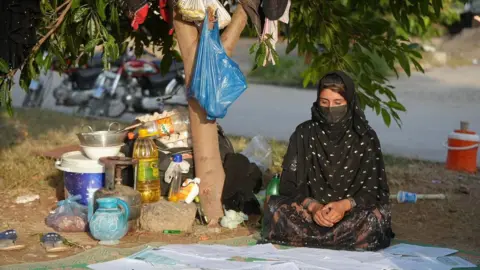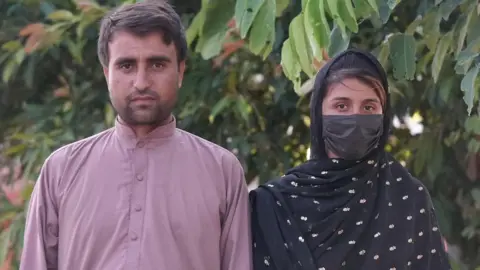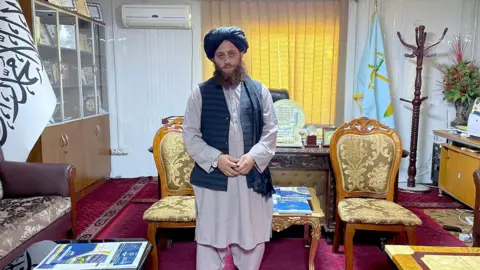The European Court of Justice (ECJ) has ruled that gender and nationality alone are “sufficient” for a country to grant asylum to Afghan women.
The ECJ ruled on Friday that discriminatory measures adopted by the Taliban towards women “constitute acts of persecution” justifying the recognition of refugee status.
“The competent authorities of the member states are entitled to consider that it is unnecessary to establish that there is a risk that the applicant will actually and specifically be subject to acts of persecution if she returns to her country of origin,” the ECJ ruled.
So far, Sweden, Finland and Denmark have already granted refugee status to all Afghan women seeking asylum.
The ruling comes after Austria refused to recognise the refugee status of two Afghan women after they applied for asylum in 2015 and 2020.
The two women challenged the refusal before the Austrian Supreme Administrative Court, which then asked for a ruling by the ECJ.

According to a court document, one of the women, identified as AH, first fled Afghanistan with her mother to Iran at the age of 13 or 14 after her drug-addicted father tried to sell her to fund his addiction.
The other woman, referred to as FN and born in 2007, has never lived in Afghanistan because her family had been living in Iran without residency permits, so her family had no right to work, and she could not receive an education.
The ECJ case document said FN told the court that if she is deported to Afghanistan, as a woman, “she would be at risk of abduction, would be unable to attend school and might be unable to support herself”.
Since the Taliban returned to power in Afghanistan in 2021, it has rolled back women’s rights, including limiting schooling, work and general independence.
In August, the Taliban set a long list of rules governing morality, which includes mandatory dress codes, the requirement for women to have a male guardian, and the segregation of men and women in public places.
The United Nations human rights chief has called for the Taliban to repeal the “egregious” laws, which he said were an attempt to turn women into “faceless, voiceless shadows”.
 Afghanistan Peace Campaign
Afghanistan Peace Campaign







